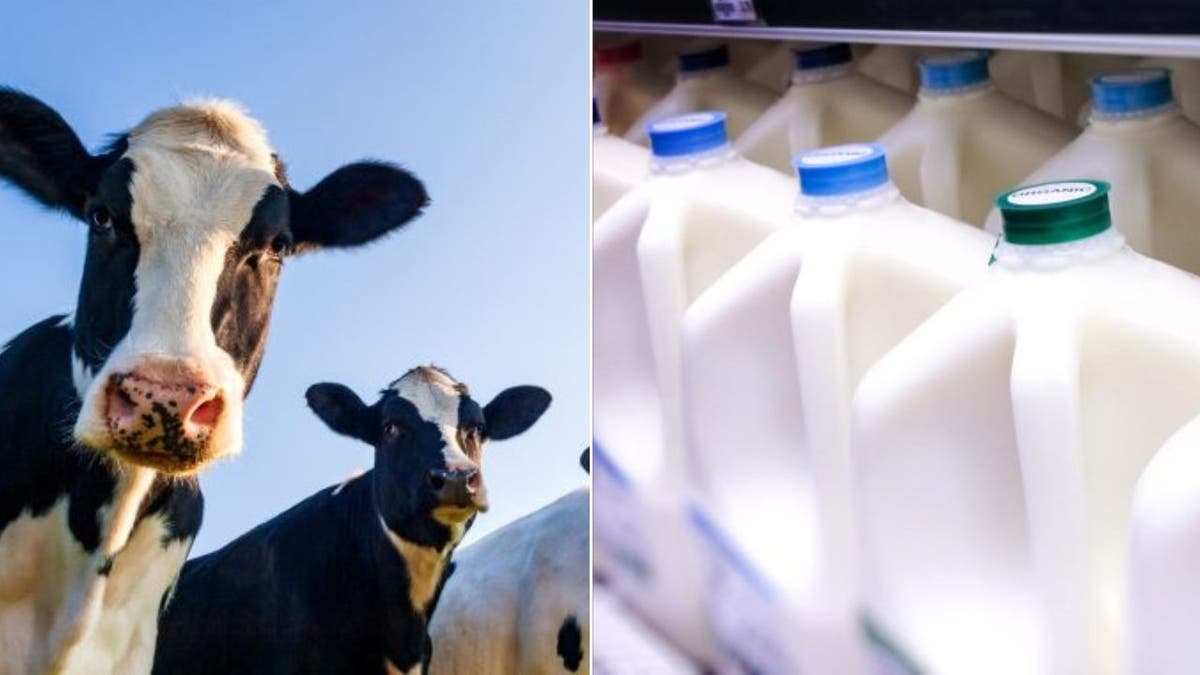Recent research suggests a link between non-dairy milk consumption and an increased risk of depression and anxiety, sparking debate among health professionals. A UK Biobank study, published in Frontiers in Nutrition, tracked over 350,000 participants for 13 years, observing mental health diagnoses alongside milk consumption habits. The study indicated a higher risk of depression in those who consumed non-dairy milk compared to those who drank cow's milk.
However, Dr. Roxanne Becker, a medical editor and educator at the Physicians Committee for Responsible Medicine, raises concerns about the study's methodology. She highlights that the increased risk associated with plant-based milks vanished when total calorie intake was considered, a factor acknowledged by the study's authors. Additionally, the study's categorization of participants' BMI didn't differentiate between underweight and normal weight, potentially overlooking the impact of eating disorders, which are often linked to both mental health issues and restrictive dietary practices.

Dr. Chris Scuderi, a family physician, emphasizes the crucial role of a balanced diet for both physical and mental well-being. He advises incorporating a variety of fruits, vegetables, and lean proteins into one's diet. For individuals concerned about potential nutrient deficiencies, Scuderi recommends consulting a physician for personalized dietary guidance, including blood tests to identify specific needs.

While acknowledging the nutritional benefits of cow's milk, such as vitamin B12 and calcium, Scuderi points out that alternative protein sources are available for those who avoid dairy. He also notes that some plant-based milks are fortified with essential nutrients, advising careful label reading when selecting these alternatives.


Registered dietitian Julia Zumpano reinforces the nutrient density of cow's milk, highlighting its calcium, vitamin D, A, B12 and B2, potassium, and protein content. However, she acknowledges that some plant-based milks are fortified with these nutrients.

Ultimately, maintaining a balanced diet with plenty of fruits, vegetables, lean protein, and limited processed foods, red meats, and sugar remains crucial for overall health. Consulting with a healthcare professional can provide personalized guidance for navigating dietary choices and ensuring adequate nutrient intake.
Comments(0)
Top Comments